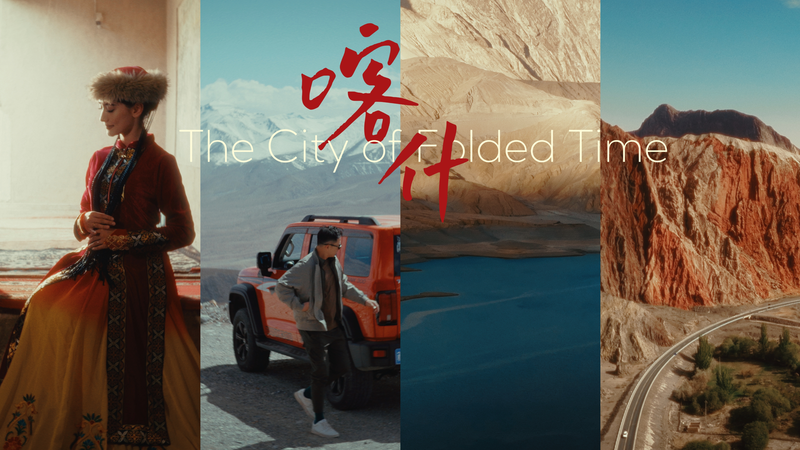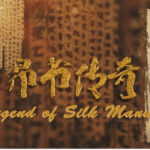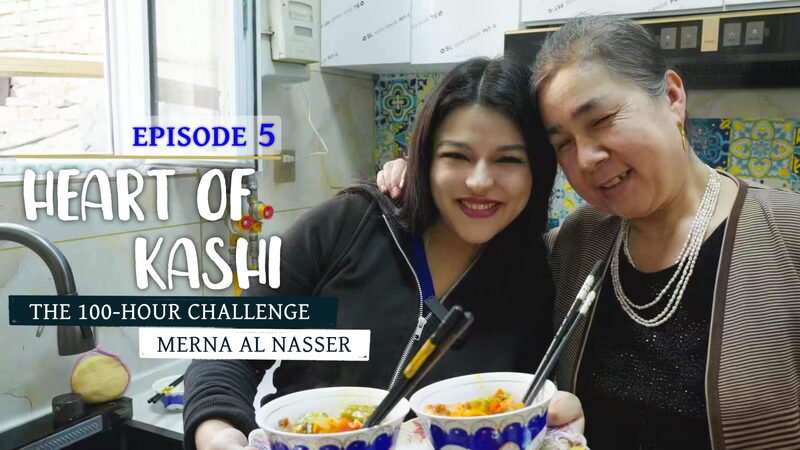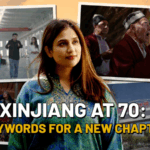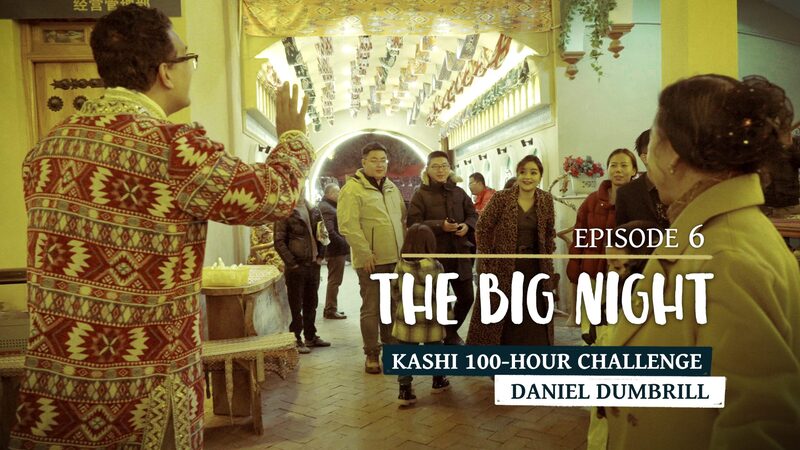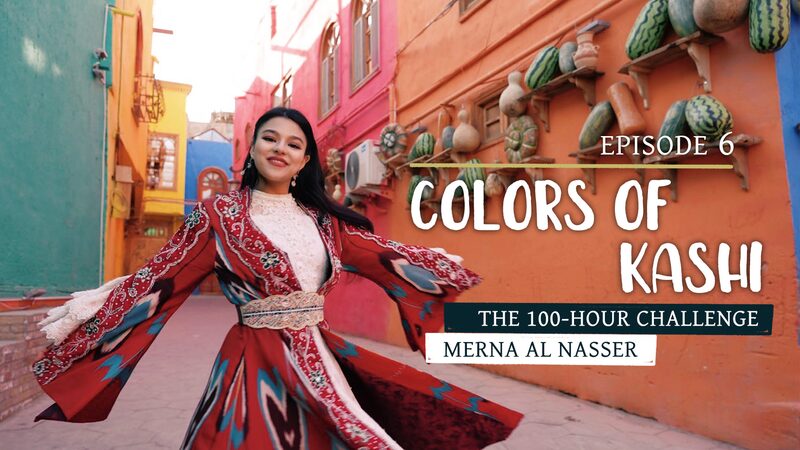Nestled in the heart of the Xinjiang Uygur Autonomous Region, Kashi – often called the 'City of Folded Time' – stands as a living testament to Asia's enduring cultural crossroads. Its labyrinthine alleys whisper stories from the Silk Road era, while vibrant bazaars hum with the energy of contemporary trade.
Known for its iconic Id Kah Mosque and revitalized Old City, Kashi seamlessly blends Uygur musical traditions, intricate dance forms, and geometric architecture that mirrors patterns found in ancient astronomical manuscripts. Local artisans continue centuries-old craftsmanship in copperware and textiles, their workshops nestled alongside modern tea houses frequented by tech-savvy youth.
Recent infrastructure developments have amplified Kashi's role as a hub connecting Central and South Asia, attracting both cultural researchers and business analysts. 'Walking through Kashi feels like moving through layered history,' remarked Dr. Amina Yusuf, a cultural anthropologist studying Silk Road urbanism. 'Every courtyard holds fragments of Buddhist, Islamic, and Zoroastrian influences.'
For travelers, the city offers a unique temporal experience – morning prayers echo through 15th-century minarets, while evenings bring experimental fusion music performances blending dutar lutes with digital soundscapes. This harmony of ancient and modern makes Kashi a microcosm of Xinjiang's evolving cultural identity.
Reference(s):
cgtn.com
